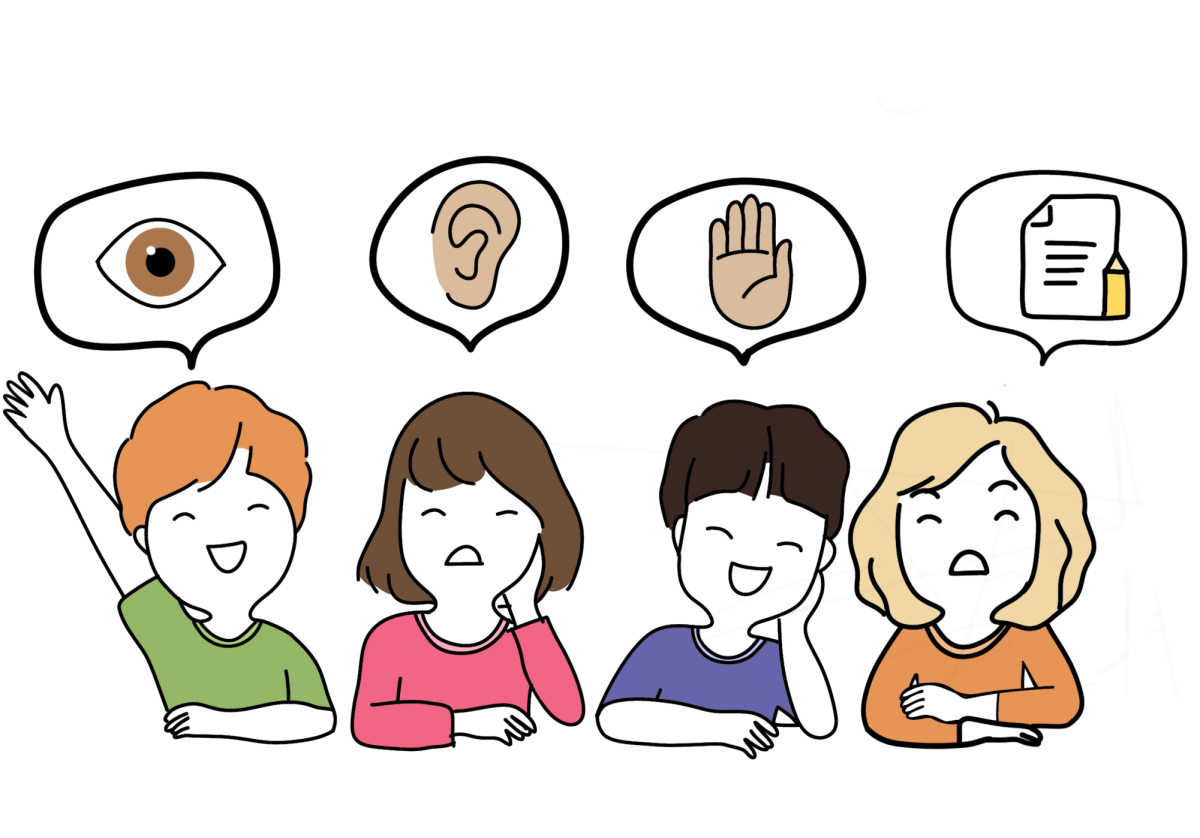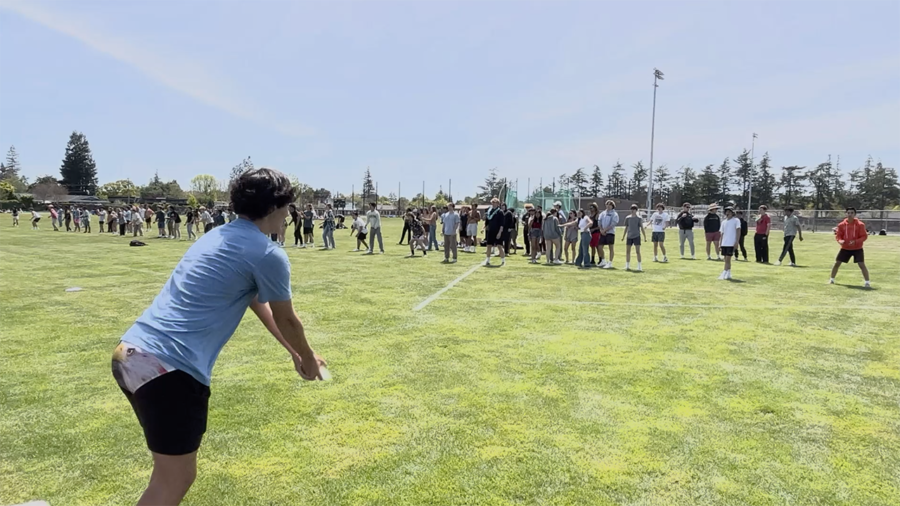On April 26, the majority of the MVHS Oracle staff attended a Journalism Education Association/National Scholastic Press Association (JEA/NSPA) National High School Journalism Convention conference in San Francisco. This symposium focused specifically on the development of young journalists. Oracle students attended various seminars and workshops over the course of two days. These sessions expanded students’ knowledge of many different aspects of journalism, including page design, humor, fact-checking, and many others.
I first went to a mental health seminar entitled “Explaining the Mysteries of the Mind.” This session was led by Murat Pakyurek, MD from the University of California, Davis’ Department of Psychiatry and Behavioral Science and Erika Frieze, Psy. D. from the UC Davis M.I.N.D Institute. Pakyurek outlined three main subgroups of mental health discrepancies found in today’s youth.
He showed statistics and symptoms associated with Attention Deficit Hyperactive Disorder (ADHD), depression, and psychosis. He said that that cases of ADHD are becoming more common due to experts’ newfound ability to effectively diagnose it, rather than a significant rise in the actual number of people afflicted. The delineation between ADHD and ADD is the “H,” which stands for “hyperactive.” ADD is merely the “silent form,” of ADHD meaning those afflicted share symptoms of ADHD, but are not as rambunctious.
He also outlined the approximate number of adolescents affected by depression, which is 3-8% of the population. Depression is found predominantly in female adolescents, and one of the best treatments is Cognitive Behavior or Supportive Therapies.
The third topic was psychosis, which covers a broad range of cases, including but not limited to cases of people who fear others, are constantly suspicious of the world around them, and sometimes hear voices in their heads. Schizophrenia, a severe subset of psychosis, is found in about 1% of the population, but Pakyurek assured us that self-diagnosis is usually due to an overactive imagination more than an onset of psychosis. Nearly 30% of the adolescent population performs an incorrect self-diagnosis of psychosis, which is often mere misled speculation.
Frieze then articulated upon Autism Spectrum Disorders (ASDs). These are neurodevelopmental disorders which impair an individual’s social skills, communication skills, stereotyped interests, and behaviors. There are three subgroup classifications under the ASD spectrum: Autism, PDD-NOS, and Asperger’s. Autism is the most severe of the three, and requires that an individual meets criteria impairing them in every category. Asperger’s is the least severe and requires that only two criteria of impairment be met. Despite difficulty socially, however, Frieze made it very clear that people affected by ASDs do, in fact, want to have friends, they just find difficulty making those friends and that is often misinterpreted as hostility.
Between the two speakers, my classmates and I gleaned a wealth of knowledge that gave us new respect for people in the world around us, some of whom are afflicted with the aforementioned diagnoses, yet carry out their daily lives without a complaint. As a student with ADHD, I found this seminar deeply intriguing and went from feeling very alone to suddenly surrounded by a community of people who go through exactly the same things I do every single day.
[fb-share]
[tweetbutton]
































